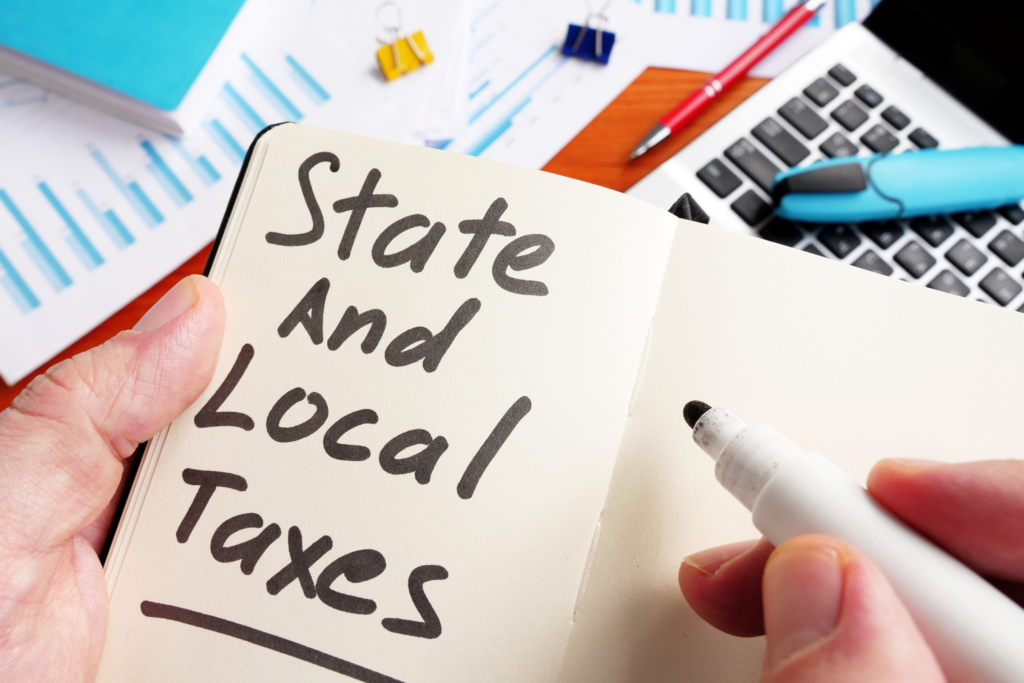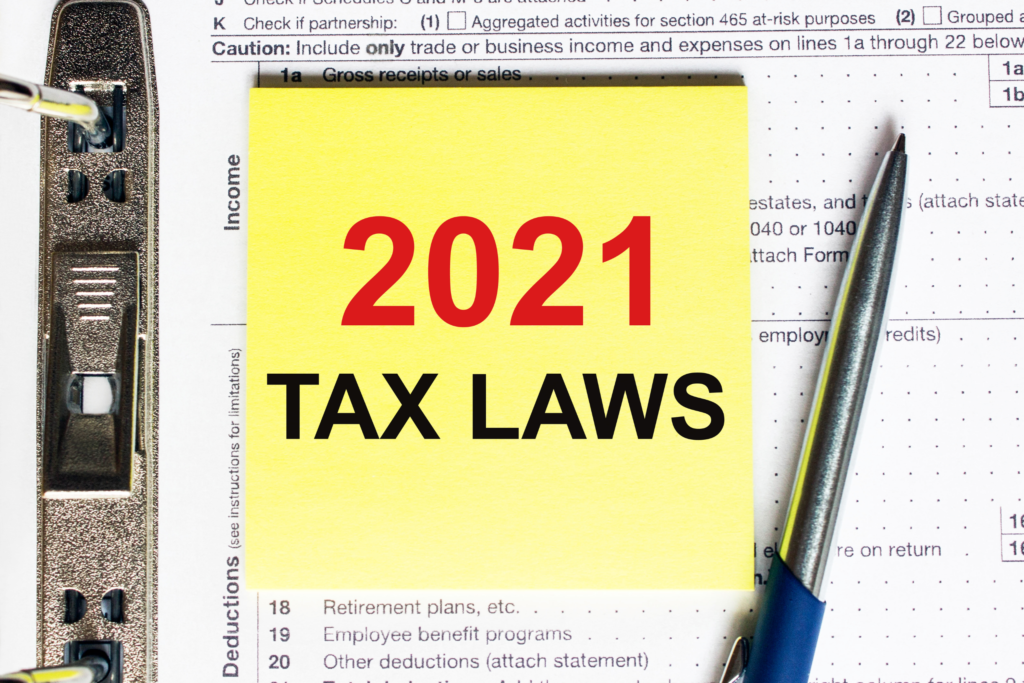IRS Notice 2020-75 proposed regulations which clarify that state and local income taxes imposed on and paid by a partnership or an S corporation are deductible by the partnership or S corporation in computing non-separately stated taxable income for the year of the payment.
The intent of the proposed regulations is to provide certainty to individual partners and S corporation shareholders in calculating their state and local tax (SALT) deduction limitations. The Tax Cuts and Jobs Act of 2017 capped SALT deductions at $10,000 ($5,000 for married filing separate returns). This cap only applied to SALT deductions paid by individuals, putting pass-through entities at a disadvantage since SALT taxes on pass-through entity income generally were not paid at the entity level, but rather by the individual LLC member, partner, or S corporation shareholder.
While some states sought workarounds to the SALT deductions cap (i.e., Connecticut’s entity-level tax on pass-through entities with a corresponding state tax credit to the owners), it was uncertain whether the IRS would accept these entity-level workarounds, and there has been speculation that the IRS might effectively shut them down altogether, deeming them merely a payment by the pass-through entity of the owner’s tax liability.
While only six states (Connecticut, Louisiana, New Jersey, Oklahoma, Rhode Island, and Wisconsin) have enacted a pass-through entity level tax, the publication of Notice 2020-75, essentially allowing this entity-level workaround may lead to a wave of state laws imposing an entity-level tax on pass-through entities. The notice also explicitly states that this favorable treatment will be allowed whether the state entity-level tax is mandatory or elective. It is possible that the regulations might limit the allowance of this SALT deduction workaround to income earned from the active conduct of a trade or business, since the tax would apply to income earned by a pass-through entity from the conduct of a trade or business.
While the IRS did not provide a timeline for issuing the proposed regulations, Notice 2020-75 does describe that the rules will apply to payments made on or after November 9, 2020. The proposed regulations would also permit a deduction for payments made by a partnership or S corporation for tax years ending after December 31, 2017 and before November 9, 2020.
If you need assistance or have any questions related to the deductibility of pass-through entity level tax payments, please call your CironeFriedberg professional. You can reach us by phone at 203-798-2721 (Bethel), 203-366-5876 (Shelton), or 203-359-1100 (Stamford), or email us at info@cironefriedberg.com





